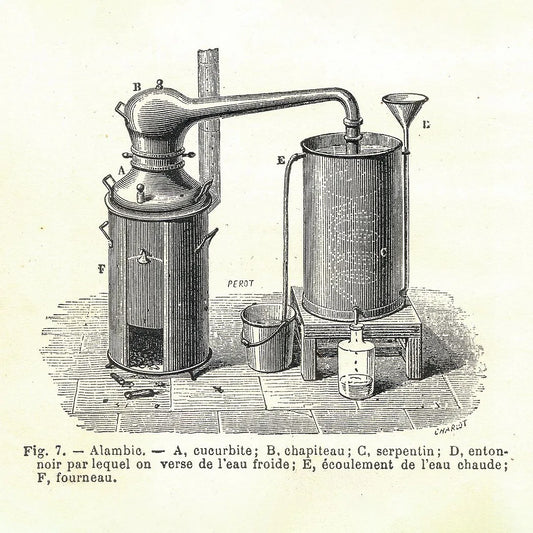In addition to the potential for some essential oils to be toxic, or to cause allergic reactions on skin or when taken internally, some oils pose specific hazards that consumers who are new to essential oils may not expect.
Some plants carry molecules that make them photodynamic when applied to skin, releasing free radicals that can react to ultraviolet light and cause skin damage. These oils are more reactive than others to UV light, so they can cause the skin to which they are applied to burn when exposed to the sun. These are known as photosensitizing oils, and they should not be applied to skin that will be in direct sunlight within 12 hours of application. They should not be blended into sunscreen, as they will have the opposite effect, and may cause the most severe sunburn you’ve ever had. These oils include angelica, bergamot, bitter orange, cumin, dill, ginger, grapefruit, lemon, lemon verbena, lime, orange, tagetes, tangerine, and yuzu. (Note that when bergamot, bitter orange, grapefruit, lemon, lime, orange, and tangerine essential oils are obtained from the plant through steam distillation, they are not photosynthesizing—only the ones obtained through cold-pressing have this hazardous effect. Check your supplier’s website to see how the oils in your collection have been obtained.)
While it may seem that aromatherapy and candles create a nice atmosphere for relaxation, be sure to keep your essential oils away from open flame. Essential oils are volatile, so they can catch fire in an instant. Don’t store them near a gas stove or a fireplace, either.
Some essential oils encourage relaxation to a point of sleepiness, so using them in a diffuser in your car while driving could be a hazardous choice. These include benzoin, carnation, chamomile, geranium, hops, hyacinth, lavender, linden blossom, mace, marjoram, neroli, nutmeg, ormenis flower, petitgrain, sandalwood, spikenard, valerian, vetiver, and ylang-ylang, but this may not be a complete list. You may find that another essential oil puts you to sleep in minutes when you diffuse it in your bedroom. If this is the case, be careful not to use this oil in your vehicle, especially while driving.
Perhaps most important, if you are using an essential oil as therapy or as a curative for an illness, do not use it in place of a medication prescribed by your doctor. While a number of essential oils may be diffused or applied topically as a complementary therapy to modern medicine, no essential oil has been proved by science to be a cure for any disease or illness. Using an oil instead of a prescription may prolong the illness or even allow it to get worse while you wait for the essential oil to work. Do not endanger your own health or the health of a loved one by waiting and waiting for an oil to make magic—even if you believe that God sent us the oils and that we should trust in natural remedies. God also sent us brilliant scientists and doctors to help protect our health and cure illnesses; trust in this goodness as well as the fruit of the vine to pull you through.





